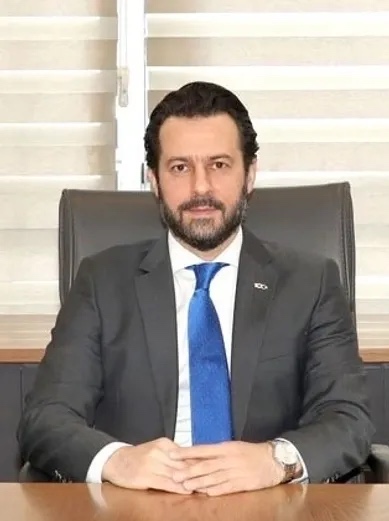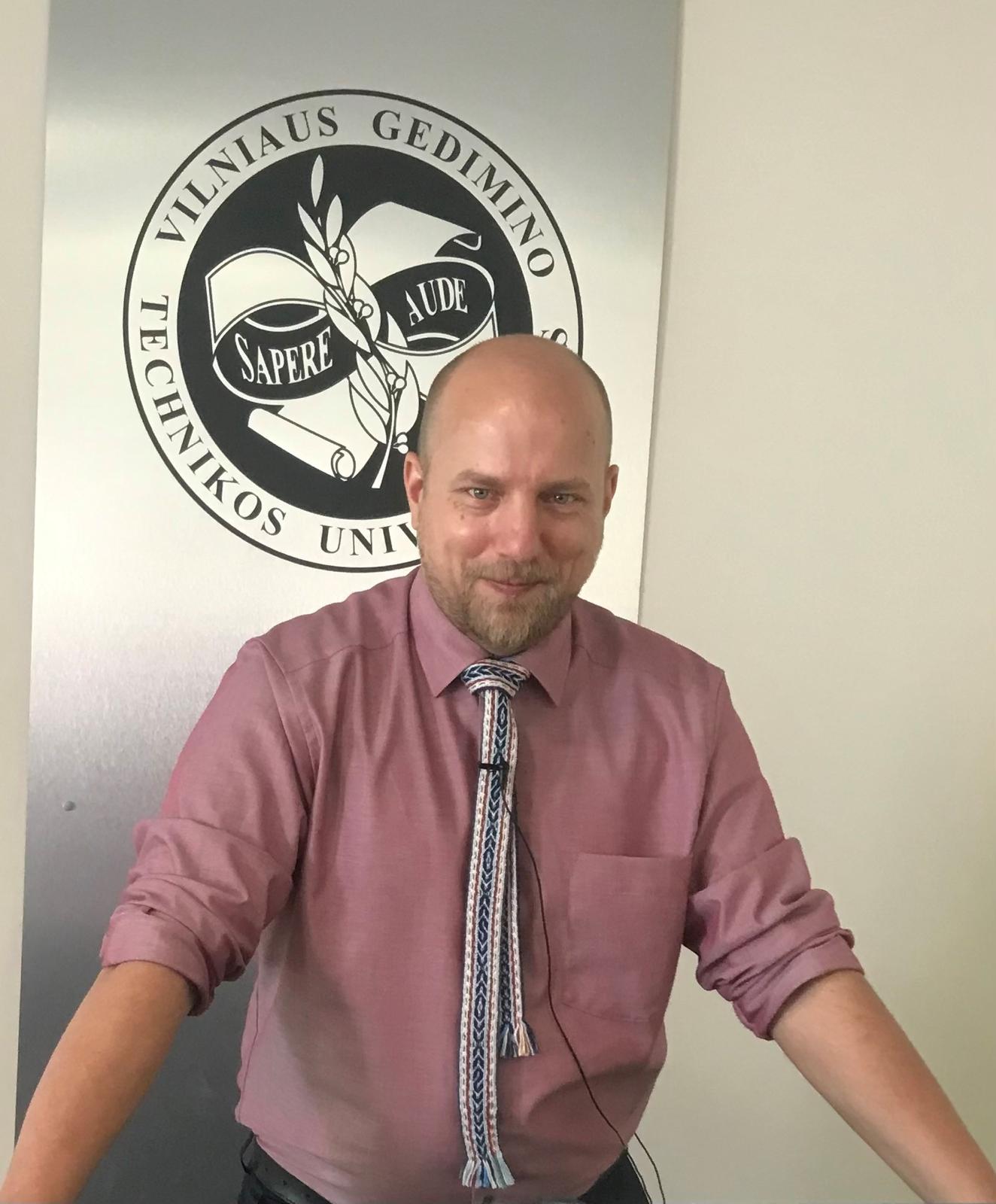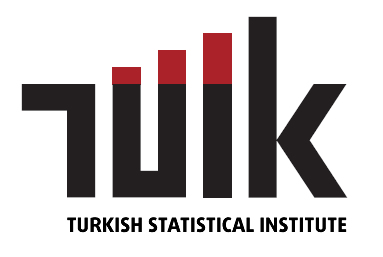-
SIGN IN
-
SIGN UP
HOME
COMMITTEES AND BOARDS
CONGRESS TOPICS
IMPORTANT DATES
FEES AND PAYMENT
CONGRESS POSTER
ANNOUNCEMENTS
AUTHORS GUIDELINE & FULLTEXT SUBMISSION
ABSTRACT SUBMISSION
FULL TEXT SUBMISSION
SAMPLE PRESENTATION TEMPLATE
JOURNALS
INVITED SPEAKERS
OPENING PROGRAM
SCIENTIFIC PROGRAM
COURSES
GALA DINNER REGISTRATION
CONGRESS VENUE
ACCOMMODATION AND TRANSPORTATION
SOCIAL PROGRAMS
CONGRESS BOOKS
MEDIA
PREVIOUS CONGRESSES
CONTACT
TRPDPL
PRIVACY AND COOKIE POLICY
DUYURULAR / ANNOUNCEMENTS
Değerli Katılımcılar, 6. Uluslararası Uygulamalı İstatistik Kongresi (UYİK-2025) bünyesinde düzenlenecek olan kurslar, kongre katılımcılarına ücretsiz olup, katılımcılar düzenlenecek olan tüm kurslara kayıt yaptırabilirler. Kurslar için aşağıdaki bağlantıyı kullanabilirsiniz.
https://www.uyik.org/tr/kurslar
INVITED SPEAKERS
Dr. Erhan ÇETİNKAYA - TURKSTAT President (Agricultural Statistics from Past to Present)

Prof. Dr. Hamparsum Bozdogan (University of Tennessee, Knoxville)

Dr. Bojana (Elizabeta) Miloševic (University of Belgrade)

Assoc. Prof. Dr. Şule ŞAHİN (University of York)

Prof. Dr. Arturas Kilikevicius (Vilnius Gediminas Technical University -Vilnius Tech)

Assoc. Prof. Dr. Utku KALE (Budapest University of Technology and Economics)

Dr. Tadas Žvirblis (Vilnius Gediminas Technical University -Vilnius Tech)












